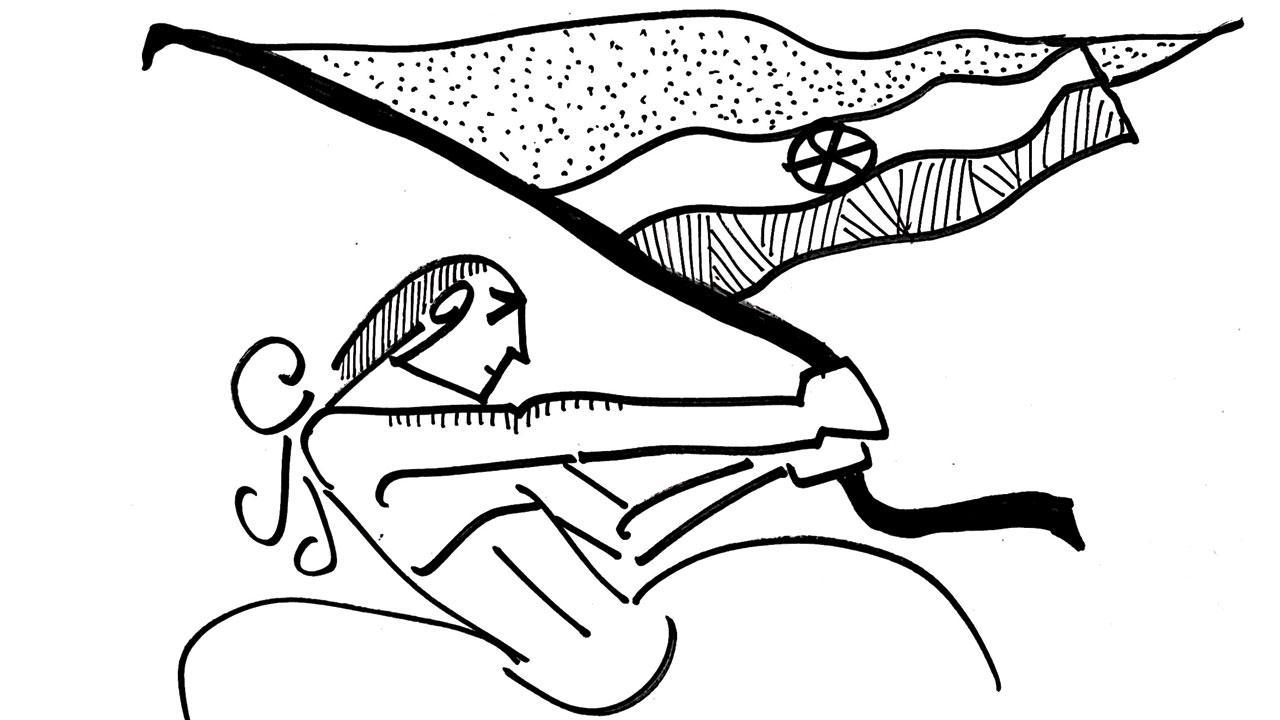Hindutva: A sampradaya, not a parampara
Updated On: 30 May, 2021 09:01 AM IST | Mumbai | Devdutt Pattanaik
Savakar in his 1923 book “Essentials of Hindutva” saw Hindutva as Hinduness—a political ideology different from Hinduism aimed at establishing a Hindu Rashtra, a nation-state of people whose holy shrines are located in India

Illustration/Devdutt Pattanaik
The word Hindutva was invented by Chandranath Basu in Bengal in 1892. He was against the 19th century reform movement popularly known as Hindu Renaissance led by Raja Ram Mohan Roy, who had coined the word ‘Hinduism’ in 1816. This period saw Dayanand Saraswati who said ‘Back to Vedas’ and rejected temples, as well as Swami Vivekananda who popularised the idea of a nation-state united by Vedic philosophy such as ‘Advaita’.
Savakar in his 1923 book “Essentials of Hindutva” saw Hindutva as Hinduness—a political ideology different from Hinduism aimed at establishing a Hindu Rashtra, a nation-state of people whose holy shrines are located in India. And so, elite followers of Hindutva insist Hindutva means ‘essence of being a Hindu’. That is an attempt to confuse Hindutva, a proper noun spelt with capitals (political agenda) with hindutva, common noun spelt without capitals (cultural idea).



